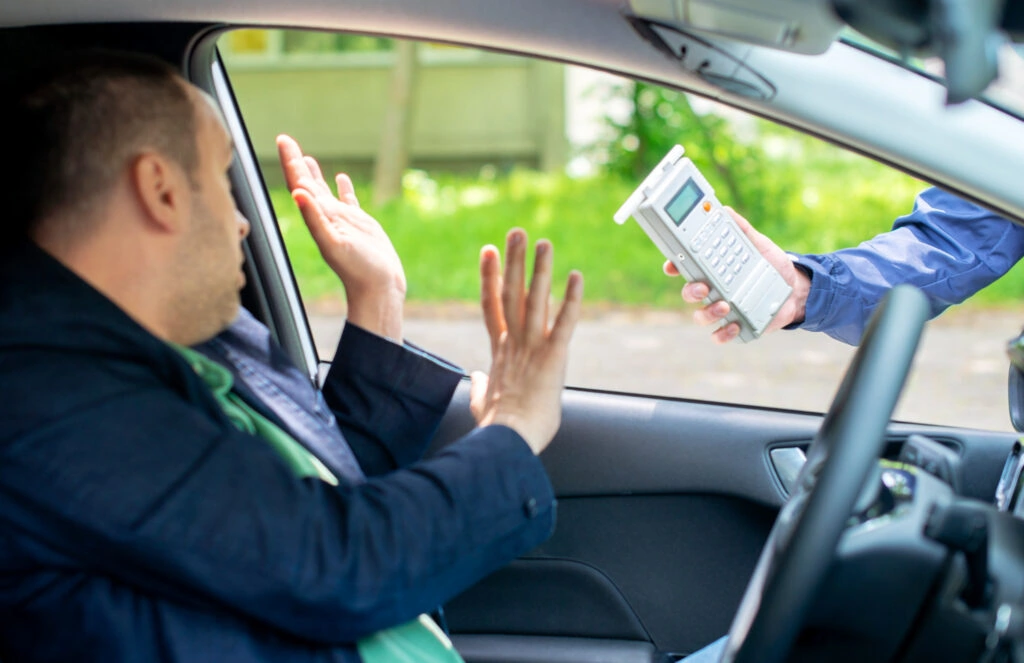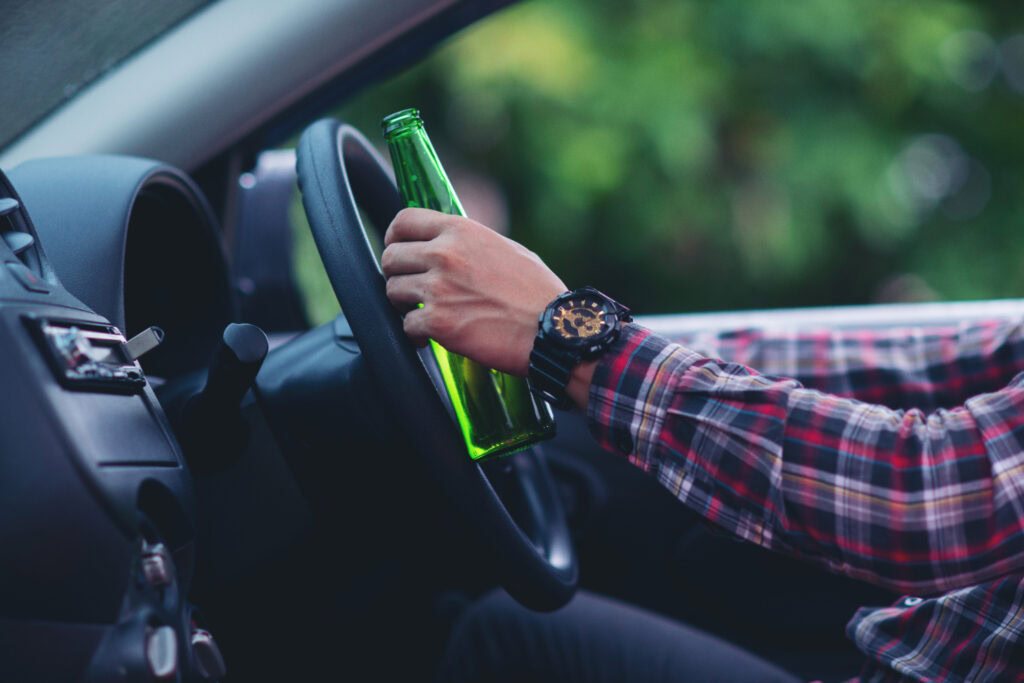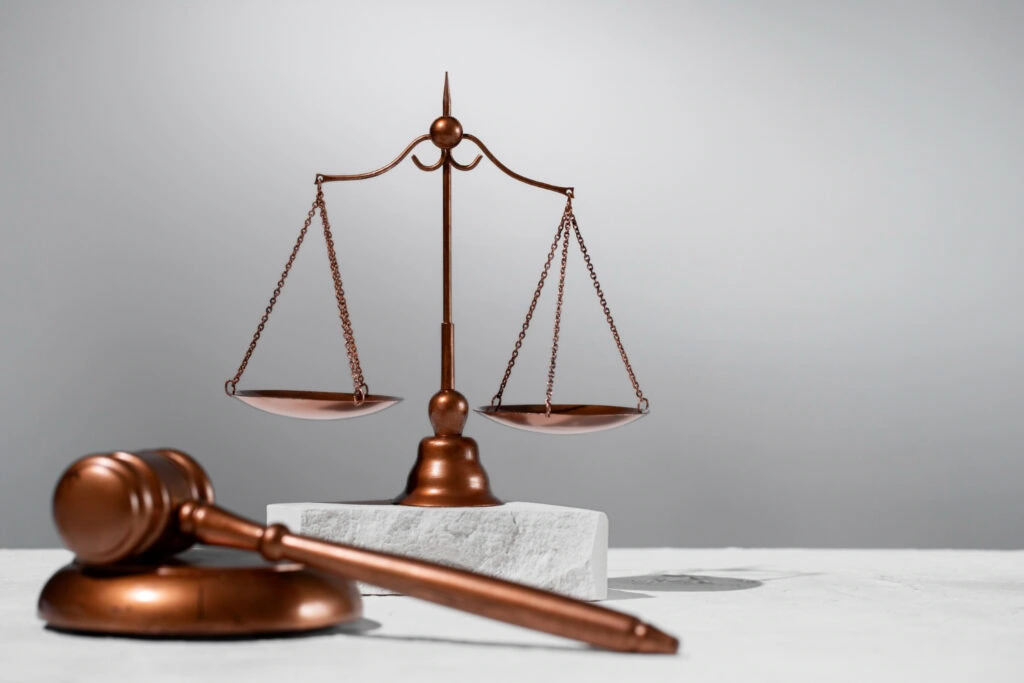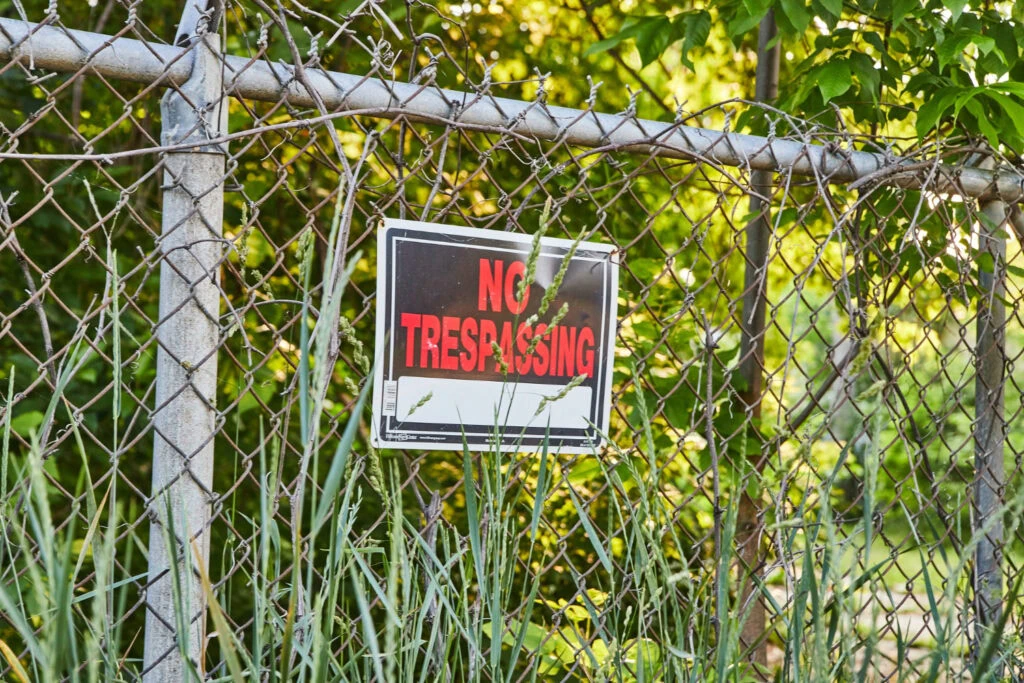Driving under the influence (DUI) is a serious offense, and law enforcement officers often use breathalyzer tests to determine if a driver is impaired. However, many drivers are unsure about their rights when asked to take a breathalyzer test. Can you refuse a breathalyzer test? What are the legal implications of refusal?
This article explores these questions, offering insights into the legal landscape surrounding breathalyzer tests.
What is a Breathalyzer Test?
A breathalyzer is a device that measures the alcohol concentration in a person’s breath, providing an estimate of their blood alcohol content (BAC). When a police officer suspects a driver of being under the influence, they may request a breathalyzer test. The result of this test can be a critical piece of evidence in a DUI case.
Breathalyzers are commonly used as a quick and non-invasive way to assess impairment. The law typically considers a BAC of 0.08% or higher as legally impaired. However, the administration of the test and its implications can vary based on state laws and individual circumstances.
Legal Rights and Breathalyzer Tests
Many drivers wonder if they have the right to refuse a breathalyzer test. The answer is not straightforward and depends on several factors, including the state’s laws and the specific situation. It’s crucial to understand your rights and the potential consequences of refusal.
All 50 states operate under ‘implied consent’ laws, meaning that by driving a vehicle, you automatically consent to submit to breathalyzer tests when lawfully requested by an officer. Refusal to take the test can lead to various penalties, often regardless of whether you were actually under the influence.
Consequences of Refusing a Breathalyzer Test
Refusing a breathalyzer test can lead to immediate consequences, such as license suspension. Long-term effects might include enhanced penalties if convicted of a DUI. Understanding these consequences is vital in making an informed decision about whether to refuse the test.
The specifics of refusal penalties can vary widely from state to state. Some states impose harsher penalties for refusal than for a DUI conviction. Others may use the refusal as evidence in court, potentially complicating your defense.
Implied Consent Laws Explained
Implied consent laws form the foundation for many of the procedures and penalties related to DUI enforcement. By understanding these laws, drivers can better navigate their rights and obligations when facing a breathalyzer test.
When you obtain a driver’s license and use public roads, you agree to certain conditions set by the state. This often includes the implied consent to submit to breathalyzer tests under specific circumstances. Refusal can be seen as a breach of this agreement, leading to legal repercussions.
Breathalyzer Refusal and DUI Charges
Refusing a breathalyzer test does not guarantee that you won’t face DUI charges. In fact, refusal can sometimes be used as evidence of guilt in court. It’s important to understand how refusal can impact the overall legal strategy of a DUI defense.
Facing DUI charges, with or without a breathalyzer refusal, can be a complex legal matter. It requires a nuanced understanding of the law, evidence, and individual rights. This complexity underscores the importance of expert legal representation in such cases.
Defending a Breathalyzer Refusal in Court
Defending against the consequences of refusing a breathalyzer test requires a strategic legal approach. A skilled defense attorney can challenge the circumstances surrounding the refusal, such as questioning the legality of the traffic stop or the officer’s conduct.
In court, the prosecution must prove that the refusal was unreasonable or unlawful. Defense strategies may include presenting evidence that challenges the officer’s assessment of intoxication or arguing procedural errors. The defense can also question the reliability of breathalyzer devices, a factor that might influence the case’s outcome.
Alternatives to Refusing a Breathalyzer Test
Understanding the alternatives to outright refusal is crucial. In some cases, it may be advisable to comply with the test and then challenge the results later with the help of a lawyer. This approach can avoid the immediate penalties of refusal and provide a different avenue for defense.
Before deciding whether to refuse a breathalyzer test, it’s recommended to seek legal advice. An attorney can provide guidance based on your specific situation and the laws in your state. Remember, each case is unique, and what might be advisable in one scenario may not apply in another.
Importance of Legal Representation
Dealing with DUI charges, especially when involving a breathalyzer test refusal, is a complex legal matter. The right legal representation can make a significant difference in the outcome of your case.
At the Law Office of David L. Faulkner, we understand the intricacies of DUI laws and breathalyzer test refusals. Our team is committed to providing robust defense strategies tailored to the specifics of each case. We work diligently to protect your rights and aim for the best possible outcome.
When to Contact a DUI Attorney
If you’re facing a situation involving a DUI or a breathalyzer test refusal, it’s crucial to seek legal assistance as soon as possible. Early intervention by a qualified attorney can significantly impact the development and resolution of your case.
An experienced DUI attorney can provide invaluable advice, help navigate the legal system, and advocate on your behalf. At the Law Office of David L. Faulkner, we offer the expertise and dedication needed to tackle the complexities of DUI cases effectively.
Understanding Your Rights and Options
The decision to refuse a breathalyzer test carries significant legal implications. It’s essential to be fully informed about your rights, the potential consequences, and the legal options available to you.
Dealing with the legal ramifications of a DUI and breathalyzer refusal is challenging, but you don’t have to face it alone. Professional legal guidance can help you navigate these complex issues, ensuring your rights are protected throughout the process.
At the Law Office of David L. Faulkner, we are dedicated to providing the support and representation you need. If you’re facing DUI charges or have questions about breathalyzer test refusals, contact us to learn how we can assist you in achieving a favorable outcome in your case.










